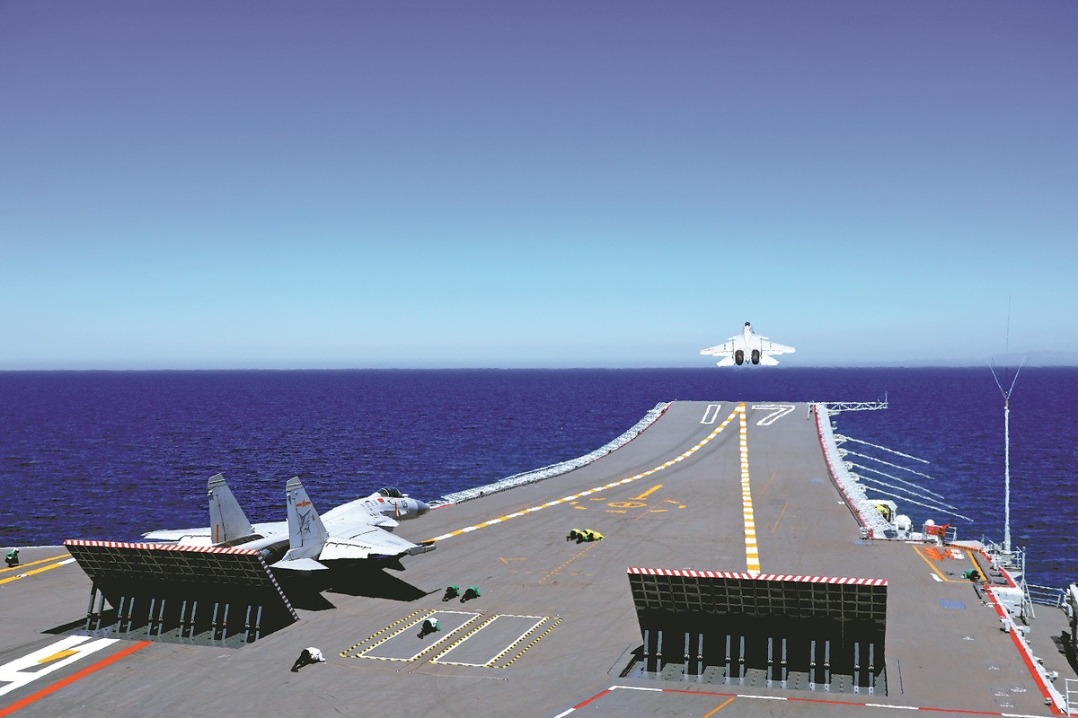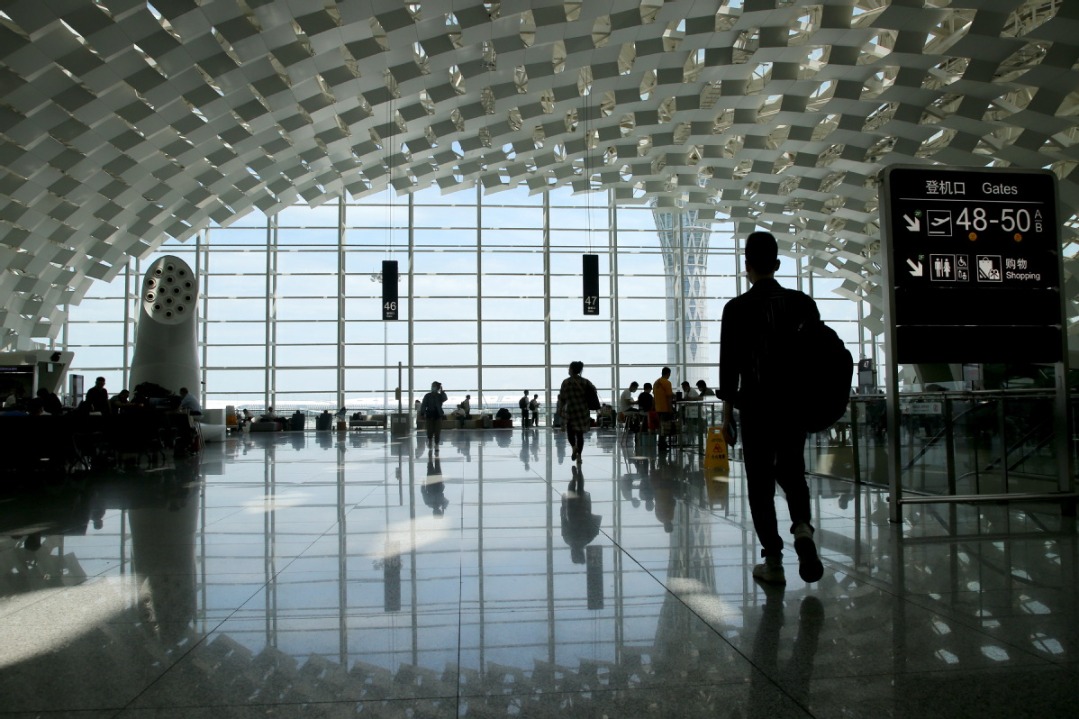Saudis plan to hold 'very limited' hajj due to virus

RIYADH-Saudi Arabia has announced it will hold a "very limited" hajj this year, with pilgrims already in the kingdom allowed to perform the annual ritual as it moves to curb the biggest coronavirus outbreak in the Gulf region.
Saudi Hajj Minister Muhammad said on Tuesday that the hajj will only see at the most "thousands" of pilgrims next month.
The decision marks the first time in Saudi Arabia's modern history that Muslims outside the kingdom have been barred from performing the hajj, which last year drew 2.5 million pilgrims.
The move to scale back the five-day religious event, scheduled for the end of July, is fraught with political and economic peril and comes after several Muslim nations pulled out of the ritual that forms one of the main pillars of Islam.
The kingdom's hajj ministry had said the ritual will be open to people of various nationalities already in Saudi Arabia.
The hajj-a must for able-bodied Muslims at least once in their lifetime-could be a major source of contagion, as it packs millions of pilgrims into congested religious sites.
The decision came as Saudi Arabia grapples to contain a major spike in infections, which have now risen to more than 161,000 cases-the highest in the Gulf-and more than 1,300 deaths.
But despite the surge, Saudi Arabia on Sunday moved to end a coronavirus curfew across the kingdom, and lift restrictions on businesses, including cinemas and other entertainment venues.
The announcement to hold a limited hajj will likely disappoint millions of Muslim pilgrims around the world who often invest their life savings and endure long waiting lists to make the trip.
But it will probably appease domestic pilgrims, who feared the ritual would be canceled entirely for the first time in recent history.
"Saudi Arabia has chosen the safest option that allows it to save face within the Muslim world while making sure they are not seen as compromising on public health," said Umar Karim, a visiting fellow at the Royal United Services Institute in London.
"But there are lots of unanswered questions: What is the exact number of pilgrims that will be allowed? What is the criteria for their selection? How many Saudis, how many non-Saudis?"
Major loss of revenue
A watered-down hajj represents a major loss of revenue for the kingdom, already reeling from the twin shocks of the virus-induced slowdown and a plunge in oil prices.
The smaller year-round umrah pilgrimage was already suspended in March.
Together, they add $12 billion to the Saudi economy every year, according to government figures.
"This has been a really difficult year, with Saudi Arabia facing declining revenue from all sectors-oil, tourism, domestic consumption, and now umrah and hajj," said Karen Young, a scholar at the American Enterprise Institute.
A full-scale hajj with millions of pilgrims was unlikely after authorities advised Muslims in late March to defer preparations due to the fast-spreading disease.
Agencies - Xinhua
Today's Top News
- Tourists flock to locations featured in hot TV shows
- Intl volunteers serve as bridge linking Jingdezhen, world
- Global investors more bullish on Chinese assets
- Advanced weapon systems make debut
- Authority suspends antitrust investigation against DuPont
- Playing its appointed part in US' strategy will not bring Manila its desired rewards






























